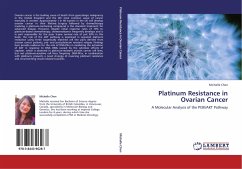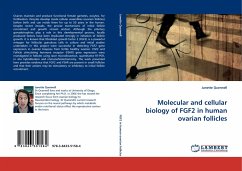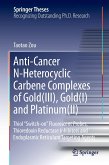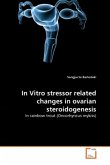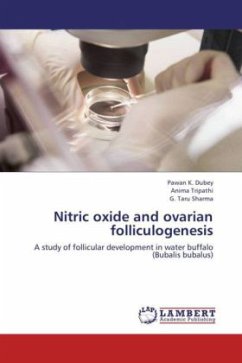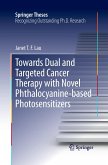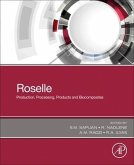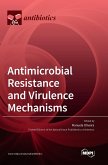Ovarian cancer is the leading cause of death from gynecologic malignancy in the United Kingdom and the 4th most common cause of cancer mortality in women. Approximately 1 in 48 women in the UK will develop ovarian cancer in their lifetime. Surgery followed by chemotherapy involving a platinum-containing compound is the standard treatment for advanced disease. However, despite initial response rates of 70% to platinum-based chemotherapy, chemoresistance frequently develops and is in part responsible for the poor 5-year survival rate of just 30%. In this book, the role of the AKT pathway is examined in acquired platinum resistance using three isogenically matched cell line pairs derived from ovarian cancer patients, pre- and post-platinum resistant relapse. Findings here provide evidence for the role of DNA-PKcs in mediating the activation of AKT in response to DNA DSBs caused by the cytotoxic effects of cisplatin, which is observed in platinum-resistant ovarian cancer cell lines, but not platinum-sensitive cell lines. Targeting DNA-PKcs, in combination with platinum, presents a novel strategy of reversing platinum resistance and circumventing insulin-related toxicities.
Bitte wählen Sie Ihr Anliegen aus.
Rechnungen
Retourenschein anfordern
Bestellstatus
Storno

